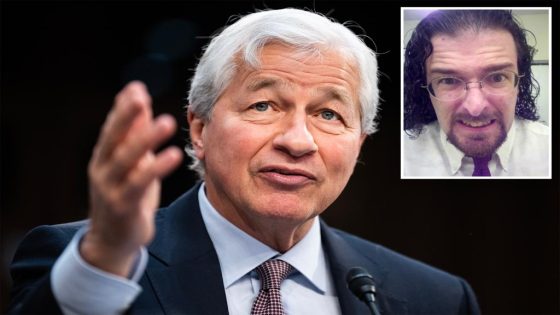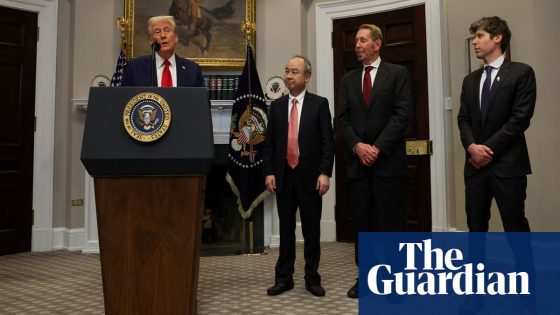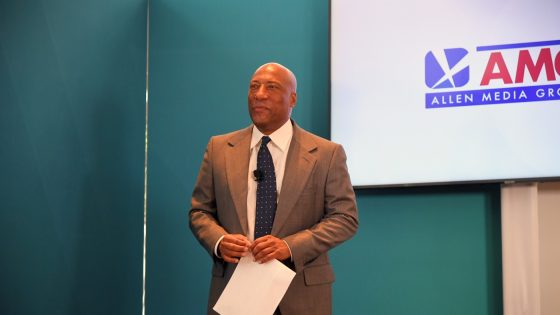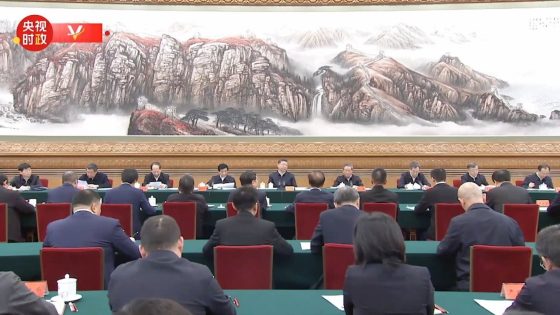A JPMorgan Chase analyst, Nicholas Welch, was reportedly fired after questioning CEO Jamie Dimon’s return-to-office mandate during a town hall meeting on January 10, 2025, in Columbus, Ohio. Welch’s inquiry about allowing lower-level managers to decide office attendance sparked immediate backlash from Dimon, who firmly rejected the suggestion.
- JPMorgan analyst questions return-to-office mandate
- CEO Jamie Dimon rejects flexibility for managers
- Welch's coworkers support his town hall question
- Initial firing threat quickly rescinded
- Company claims Welch was never fired
- Welch seeks to maintain job flexibility
In a recent town hall meeting, Jamie Dimon announced that all 317,000 JPMorgan employees must return to the office five days a week starting next month. This decision has faced criticism, particularly from employees who prefer flexible work arrangements. Welch, who has been with the company for eight years, raised concerns about the policy, citing personal family and childcare obligations. His comments received applause from colleagues, indicating a shared sentiment among employees regarding the rigid return-to-office directive.
During the meeting, Dimon expressed strong opposition to any flexibility in the mandate, stating there was “zero chance” he would leave such decisions to managers. He criticized employees for perceived abuses of remote work privileges and dismissed a petition signed by approximately 13,000 employees opposing the mandate. Following the meeting, Welch received a text from a vice president instructing him to leave the office immediately, leading to confusion about his employment status.
After several hours of uncertainty, Welch was informed by a company executive that he had not been fired and that the situation had been resolved. The vice president later apologized for his earlier reaction, indicating a willingness to move forward. Welch’s experience has sparked discussions about workplace policies and employee rights within the company, highlighting the ongoing tension between management directives and employee preferences.
The incident underscores the complexities of corporate policies in a post-pandemic work environment, where flexibility and employee well-being are increasingly prioritized by many workers. Welch’s situation reflects broader concerns about how companies navigate the balance between operational needs and employee satisfaction.
































